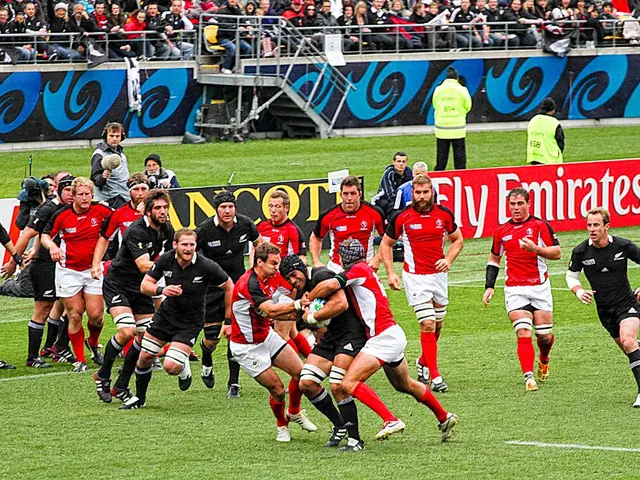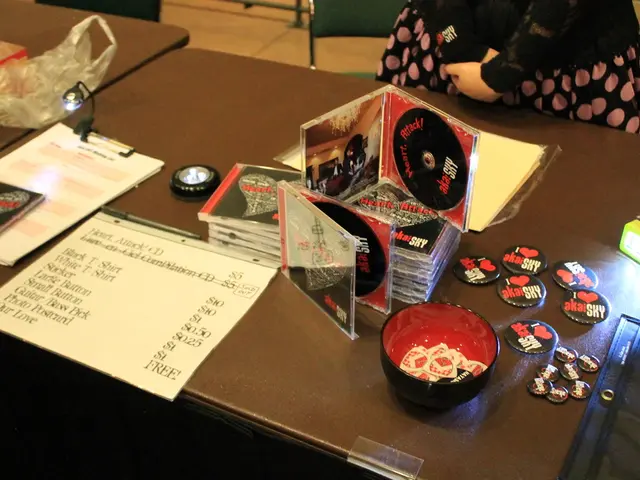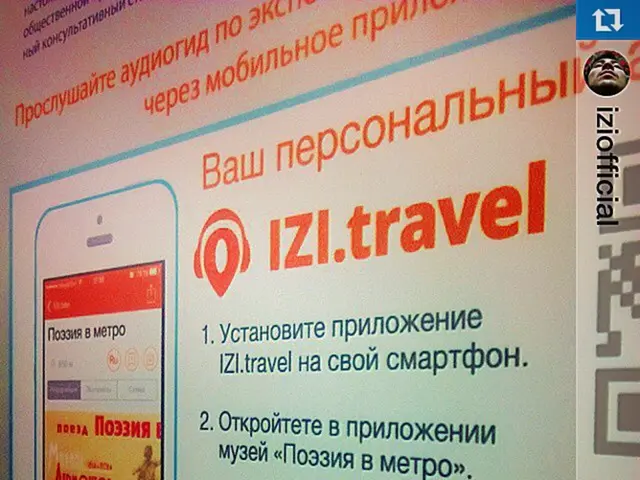Netherlands Lottery Remains Under State Control: Stricter Age and Advertising Restrictions on the Horizon
Government in the Netherlands Maintains Control over the Lottery, Emphasizes Gambling Regulation Reforms
In a recent move, the Dutch government has chosen to keep the Nederlandse Loterij under state control, nixing plans for privatization [1][2][3]. This decision lines up with the government's mission to advocate for responsible gambling and reinforce regulatory control.
Age Limit Raise
- The State Secretary, Teun Struycken, has suggested boosting the minimum age for "riskier" gaming, such as online slots, to 21 years [1][2][3]. The objective is to minimize gambling-related issues in younger demographics.
- Presently, the minimum gambling age in the Netherlands varies across different formats, but the government plans to standardize it for riskier activities.
Tighter Advertising Rules
- Advertising Regulations: The authorities intend to establish stricter advertising measures to minimize gambling exposure, particularly towards vulnerable populations [1][2][3]. This may involve restraining promotional activities that may attract youth or encourage excessive gambling.
- Revised Gaming Act: An amended gambling act is slated for completion by the end of 2025, incorporating these tighter advertising regulations [3].
Anticipated Outcomes
- Gamer Safety: The stricter age and advertising regulations form part of a larger strategy to boost player protection and limit gambling-related risks. The goal is to establish a stable and safe market environment [2][4].
- Market Prospects: By preserving state control over Nederlandse Loterij and concentrating on regulatory reforms, the government aims to define a clear distinction between state-owned operators and private providers. This differentiation is expected to contribute to a more consistent market landscape [2][4].
- Economic Considerations: Maintaining state ownership might influence revenue flows and taxation rates, though the prioritization of player protection and regulatory supervision takes precedence over possible financial benefits that could result from privatization [1][4].
- Future Developments: The government has hinted that the possibility of privatization could be revisited in due course if it meets policy objectives. However, for now, the attention remains on regulatory reforms and maintaining public ownership [3].
At the online casino landscape in the Netherlands, stricter advertising rules are anticipated to be implemented, aiming to limit exposure and curb promotions that might attract youth or encourage excessive gambling. As part of the Dutch government's mission to ensure player protection, free spins and other casino-games offered in online casino-and-gambling platforms may undergo regulatory scrutiny and possible restrictions.








